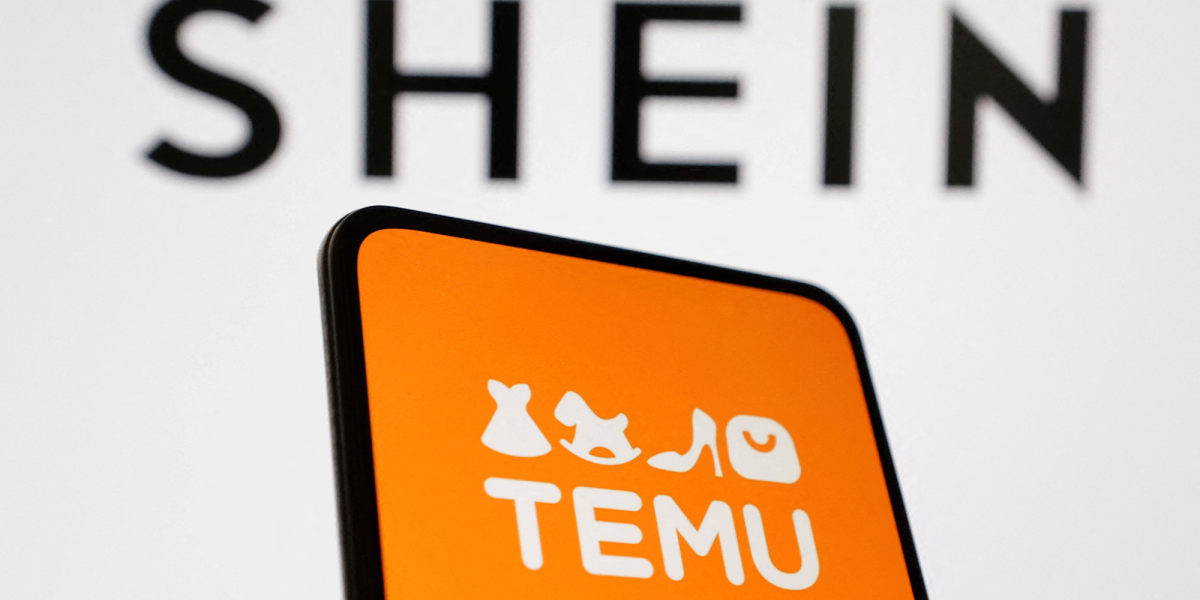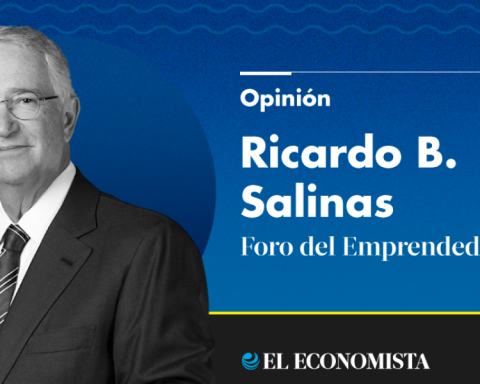In those products that come from countries in which Mexico does not have a treaty, as is the case of China, the global tax of 19 percent. This implies that items purchased on sites such as Shein, AliExpress and Temu have an increase.
In this context, small and medium-sized enterprises (SMEs) have the possibility of be more competitive and be among the first purchasing options among Mexican consumers.
There is an opportunity, although taking advantage of it requires work on the part of SMEs. It will also depend on the efforts or capacity that each of them has to achieve it,” says Héctor Magaña, professor at Tecnológico de Monterrey and coordinator of analysis and research at the Center for Research in Economics and Business (CIEN).
Therefore, SMEs have to promote yourself quickly to get attention of consumers who have purchased on these sites, offering products of better quality or an equivalent price, but without the complexity of customs issues, points out Alejandro Doctor, marketing consultant.
The fight against fast fashion and national clothing
Affordable prices and trendy designs are characteristics of the garments fast fashionthe same ones that Asian platforms sell; however, the quality and durability of these products few.
The consumption of this type of clothing represents a problem for companies in the textile industry, but it is also an area of opportunity for Mexican entrepreneurs, who need to create strategies that highlight the quality of the articles produced nationally.
The fact that we can have a better quality product, that will last longer and that is produced in the country, can be attractive to a group of people who are willing to spend a little more,” says Alejandro Doctor.
Likewise, among consumer trends are the sustainable processes and with ethical supply chains, since seven out of ten consumers will opt for this type of product, according to Kantar.
In this sense, Héctor Magaña advises SMEs to take advantage of the ethical and sustainable alternatives compared to the fast fashion model, communicating the quality of the products, as well as environmental responsibility.
How can SMEs take advantage of this situation?
The 19% tax that the platforms will have to pay implies an increase in the prices of the products, therefore, the main strategy that Mexican companies must take is through the prices and quality.
“(Mexican) SMEs, not being subject to import taxes, can offer lower final prices than international products affected by this tax,” argues Héctor Magaña.
However, to attract the attention of consumers, SMEs have the mission of create marketing campaignsnot only to take advantage of the global tax, but also to overcome the January slope.
It is a good opportunity for SMEs to invest in campaigns, because in the end, users will feel that it is no longer so profitable to buy on these platforms,” Alejandro Doctor points out.
Meanwhile, those companies that are in electronic commerce can invest in campaigns, both in search engines and on social networks, but they also have to take into account the logistics capabilitiesso it is recommended to seek agreements with courier services or look for alternatives.
On the other hand, Héctor Magaña declares that although this is an advance to equal competitiveness with international companies, it is required government supportssuch as greater efficiency in procedures, better communication and training in financial and accounting issues.
Value propositions
Small Mexican businesses can boost their value proposition to reach more consumers, for example; yes they use artisanal processesstorytelling and personalization can be used to your advantage to attract customers.
You can use messages such as “no additional taxes”, “100% made in Mexico” or publicize the processes and quality of the materials, as well as create promotions or loyalty programs.














